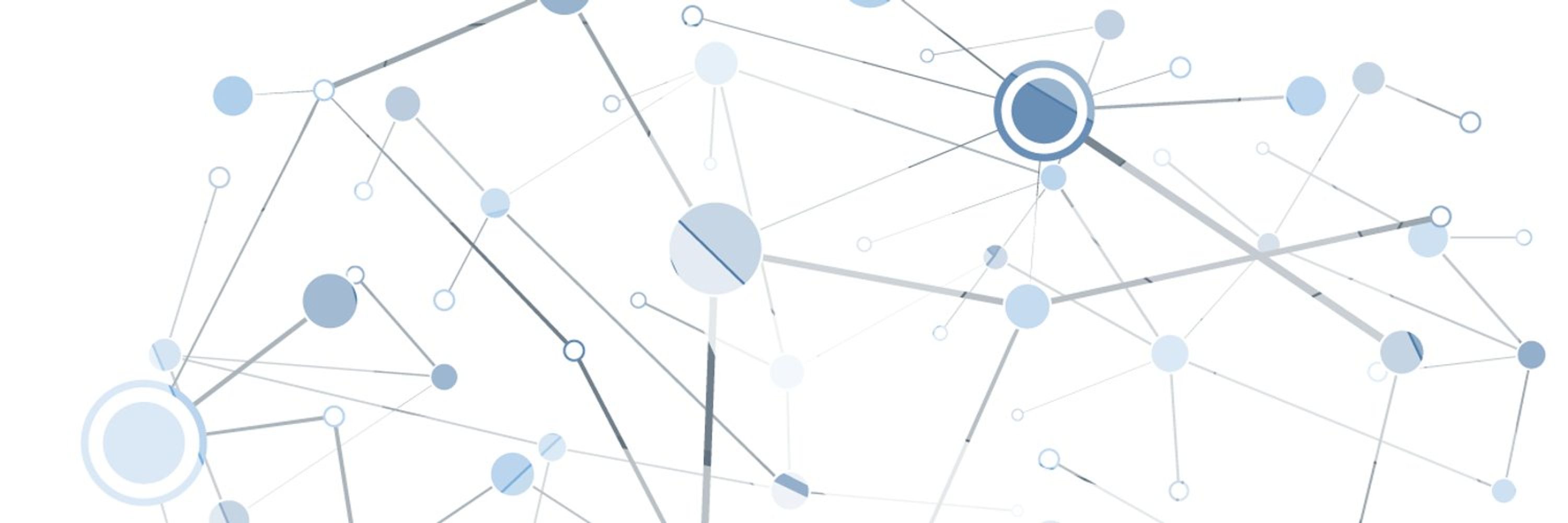
X: @ChrisWLynn
Lab: lynnlab.yale.edu/

Answer: "very few", thus making the human brain highly compressible 🧵👇
www.pnas.org/doi/full/10....
Answer: "very few", thus making the human brain highly compressible 🧵👇
www.pnas.org/doi/full/10....

Answer: "very few", thus making the human brain highly compressible 🧵👇
www.pnas.org/doi/full/10....
Submit here by January 16: docs.google.com/forms/d/e/1F...
Submit here by January 16: docs.google.com/forms/d/e/1F...
“Physics at its best is a point of view for understanding the totality of man and the Universe.”

“Physics at its best is a point of view for understanding the totality of man and the Universe.”
Understanding the statistical physics of the brain is hard (in part) because statistical physics is hard. We find a class of max ent models that can be solved EXACTLY in very large neural systems
Led by the awesome David Carcamo www.pnas.org/doi/10.1073/...

Understanding the statistical physics of the brain is hard (in part) because statistical physics is hard. We find a class of max ent models that can be solved EXACTLY in very large neural systems
Led by the awesome David Carcamo www.pnas.org/doi/10.1073/...
10.9.25 | 10 – 11:15a
100 College St, Workshop 1116
🔗 wti.yale.edu/event/2025-10/inspiring-speaker-tim-lillicrap
All Yale community members are welcome.

10.9.25 | 10 – 11:15a
100 College St, Workshop 1116
🔗 wti.yale.edu/event/2025-10/inspiring-speaker-tim-lillicrap
All Yale community members are welcome.
www.quantamagazine.org/loops-of-dna...

www.quantamagazine.org/loops-of-dna...


If you're an early-career scholar and passionate about collaborative, transdisciplinary research beyond traditional departments, this is the postdoc fellowship for you.
Deadline: Oct 1, 2025
Apply: santafe.edu/sfifellowship
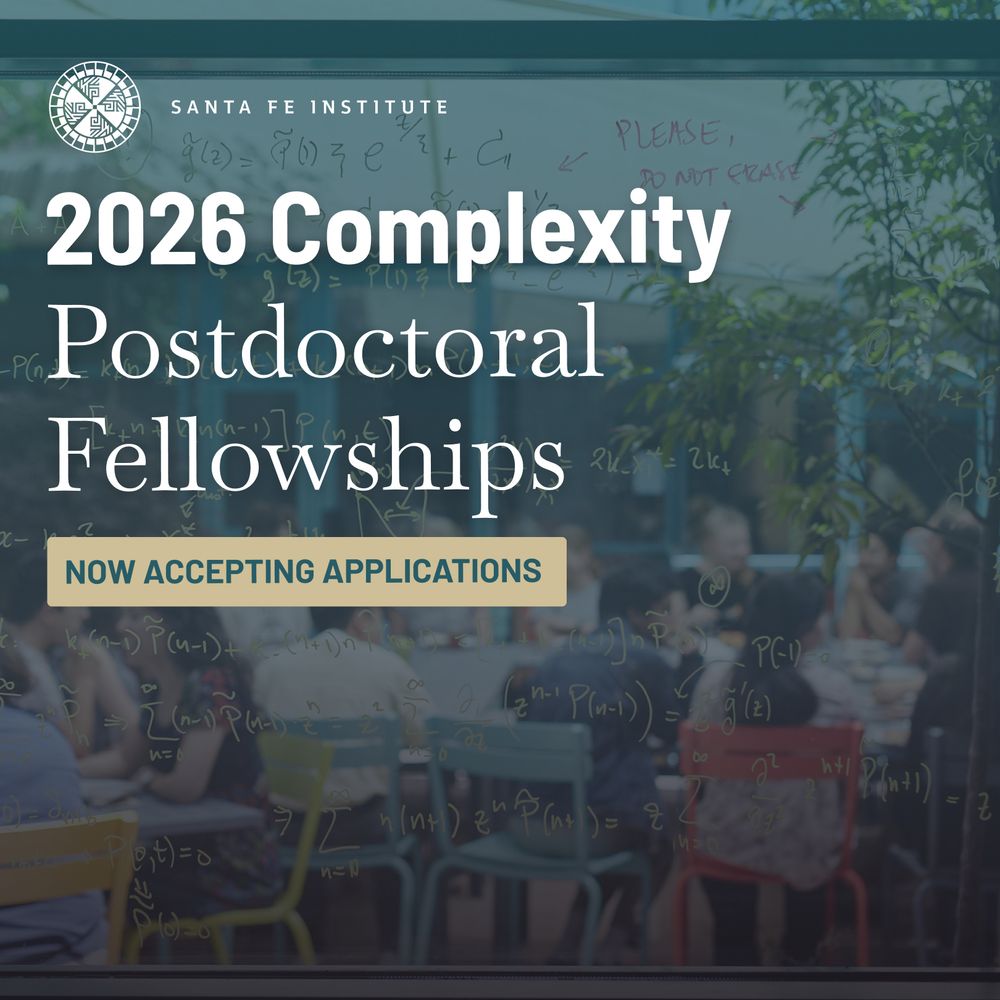
If you're an early-career scholar and passionate about collaborative, transdisciplinary research beyond traditional departments, this is the postdoc fellowship for you.
Deadline: Oct 1, 2025
Apply: santafe.edu/sfifellowship
Join us for an online panel on "Teaching and Learning Biological Physics" (Sep 17, 5:30pm ET).
Registration:
Join us for an online panel on "Teaching and Learning Biological Physics" (Sep 17, 5:30pm ET).
Registration:
The winning images will be advertised on shirts and other media at the 2026 Global Physics Summit.
Submit here:
The winning images will be advertised on shirts and other media at the 2026 Global Physics Summit.
Submit here:

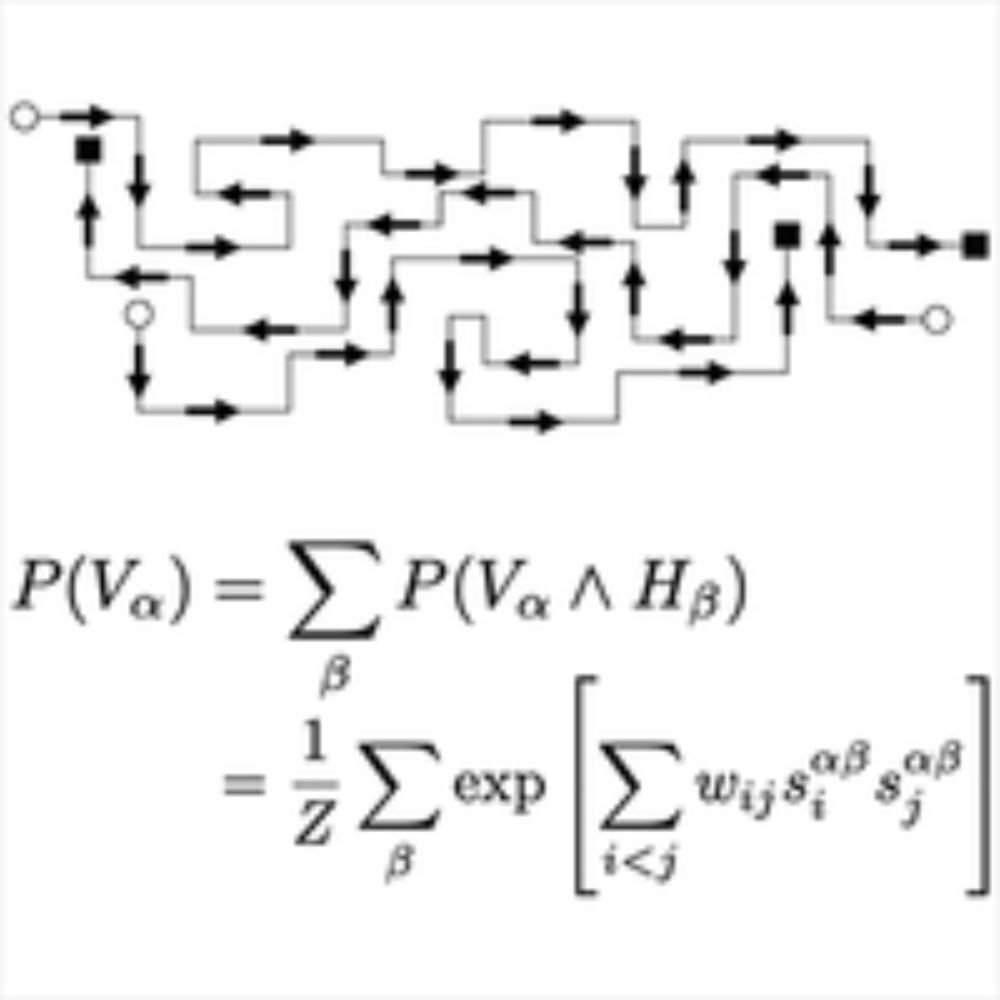

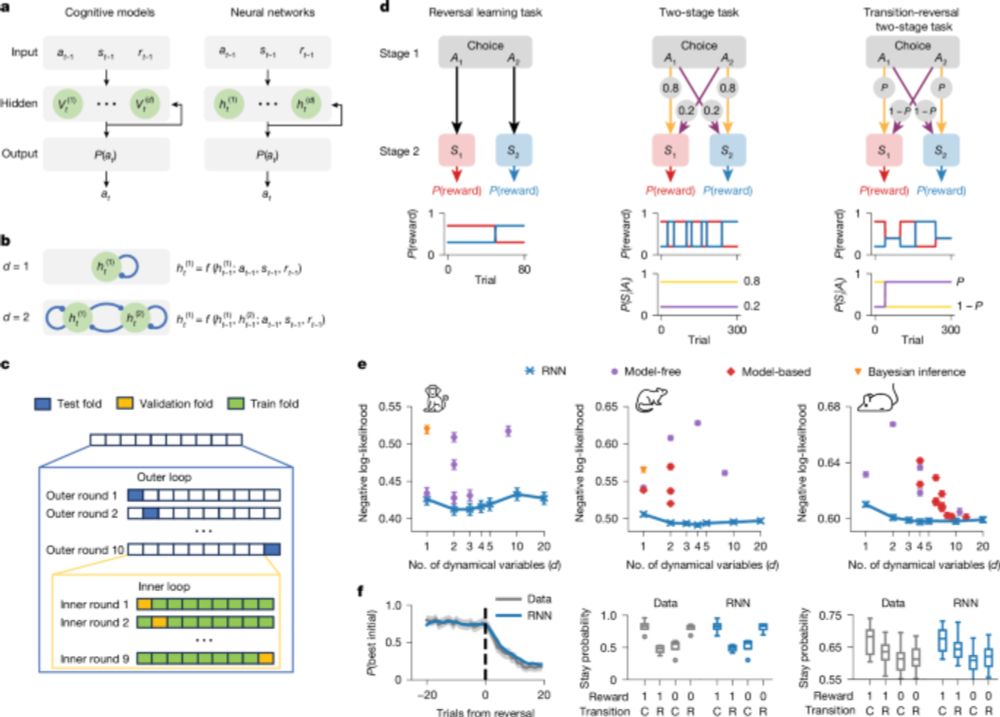
If so, check out our new preprint exploring how maximizing the irreversibility preserved from microscopic dynamics leads to interpretable coarse-grained descriptions of biological systems!
Led by @qiweiyu.bsky.social and @mleighton.bsky.social, we study how coarse-graining can help to bridge this gap 👇🧵
arxiv.org/abs/2506.01909
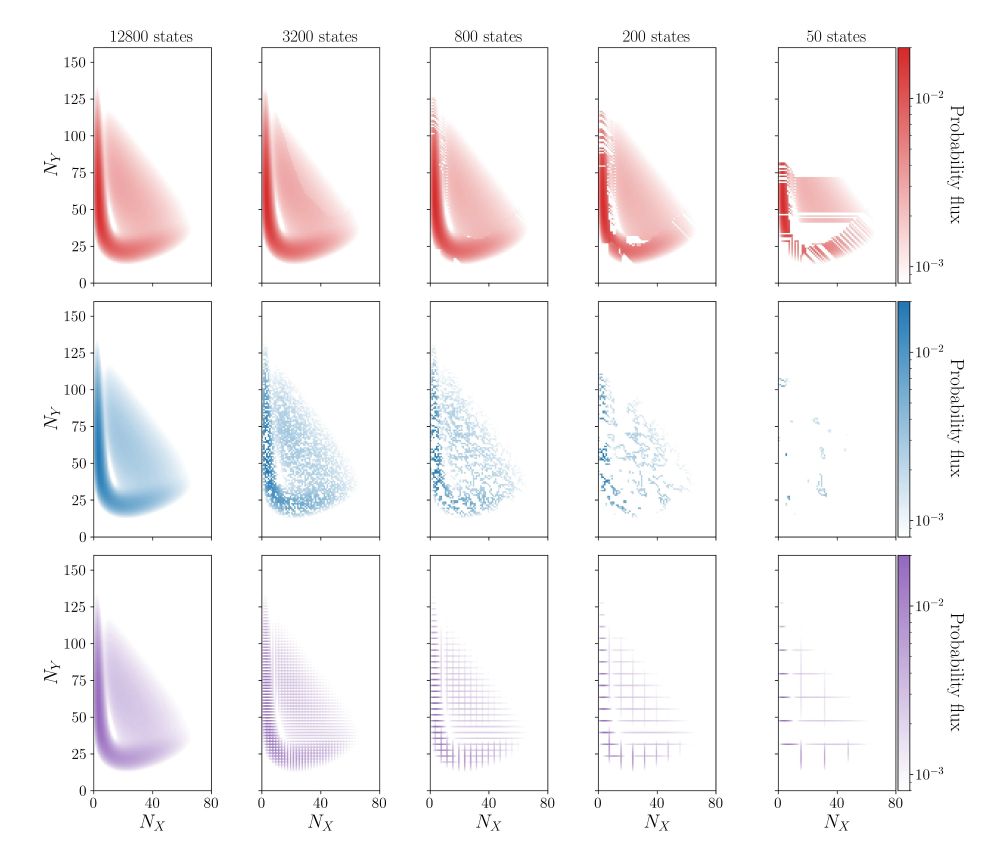
If so, check out our new preprint exploring how maximizing the irreversibility preserved from microscopic dynamics leads to interpretable coarse-grained descriptions of biological systems!
Led by @qiweiyu.bsky.social and @mleighton.bsky.social, we study how coarse-graining can help to bridge this gap 👇🧵
arxiv.org/abs/2506.01909

Led by @qiweiyu.bsky.social and @mleighton.bsky.social, we study how coarse-graining can help to bridge this gap 👇🧵
arxiv.org/abs/2506.01909

Led by @qiweiyu.bsky.social and @mleighton.bsky.social, we study how coarse-graining can help to bridge this gap 👇🧵
arxiv.org/abs/2506.01909
Join us for an online panel on "Being a Voice for Science" (June 11, 2-3pm ET).
Info and registration: engage.aps.org/dbio/resourc...
Join us for an online panel on "Being a Voice for Science" (June 11, 2-3pm ET).
Info and registration: engage.aps.org/dbio/resourc...
APS Fellowship
Max Delbrück Prize in Biological Physics
Award for Outstanding Doctoral Thesis Research in Biological Physics
APS Fellowship
Max Delbrück Prize in Biological Physics
Award for Outstanding Doctoral Thesis Research in Biological Physics
An answer lies in the "minimax entropy" principle 👇
arxiv.org/abs/2505.01607
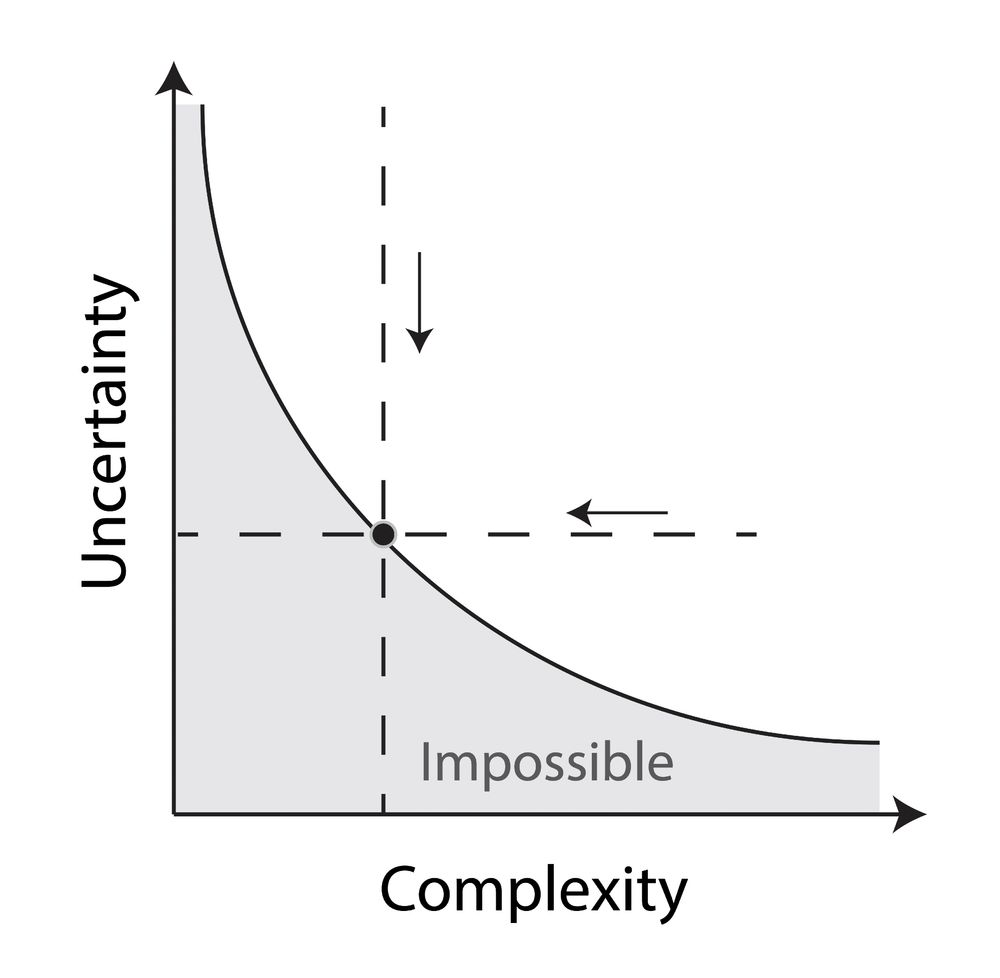
An answer lies in the "minimax entropy" principle 👇
arxiv.org/abs/2505.01607
Final installment with the Simplifying Complexity podcast (
@bhcomplexity.bsky.social)
podcasts.apple.com/us/podcast/w...
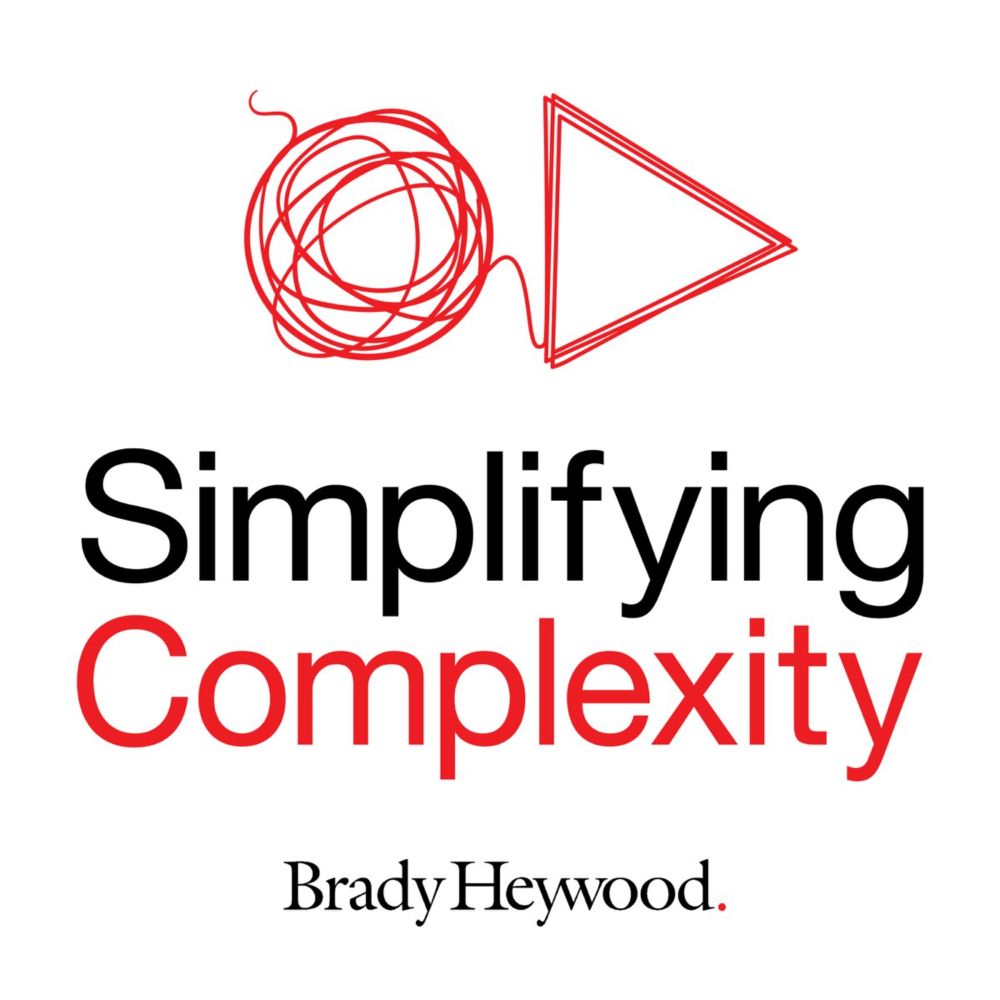
Final installment with the Simplifying Complexity podcast (
@bhcomplexity.bsky.social)
podcasts.apple.com/us/podcast/w...
A fun chat on the Simplifying Complexity podcast (@bhcomplexity.bsky.social)
podcasts.apple.com/us/podcast/w...

A fun chat on the Simplifying Complexity podcast (@bhcomplexity.bsky.social)
podcasts.apple.com/us/podcast/w...
How can we use the ideas of complexity and network science to better understand the brain?
Apple: buff.ly/3VTjG9I
Spotify: buff.ly/3WaR9MA
🧪⚛️ #complex #complexity #ComplexSystems #ComplexityScience
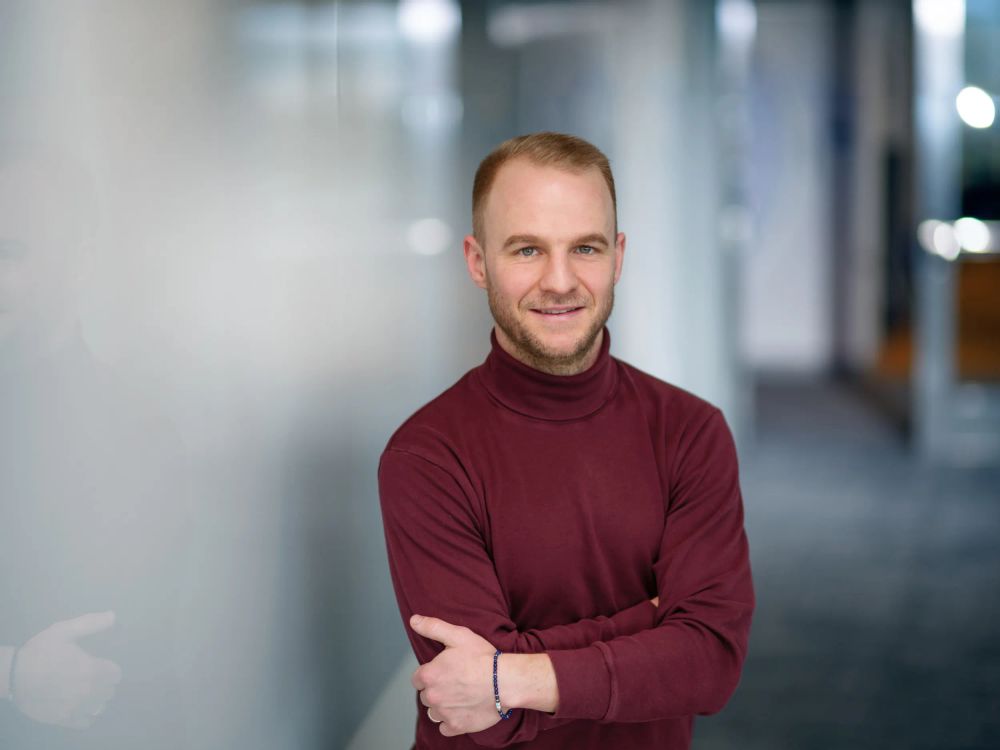
How can we use the ideas of complexity and network science to better understand the brain?
Apple: buff.ly/3VTjG9I
Spotify: buff.ly/3WaR9MA
🧪⚛️ #complex #complexity #ComplexSystems #ComplexityScience
We systematically test this assumption 👇 arxiv.org/abs/2504.08637

We systematically test this assumption 👇 arxiv.org/abs/2504.08637

